Teaching the ABC's to children is always one of the first things they learn as a student. They learn the letter, the sound, and being able to recognize the two things together. As they learn the alphabet early on in school, teachers learn their alphabet very early on in their teaching careers. It goes something like that...
A: Abbreviations
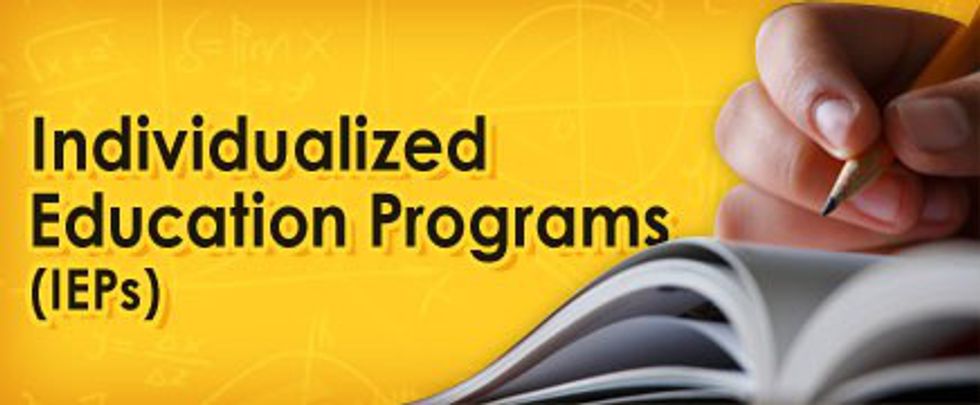
PD, IEP, ADHD, all of the above.
B: Books
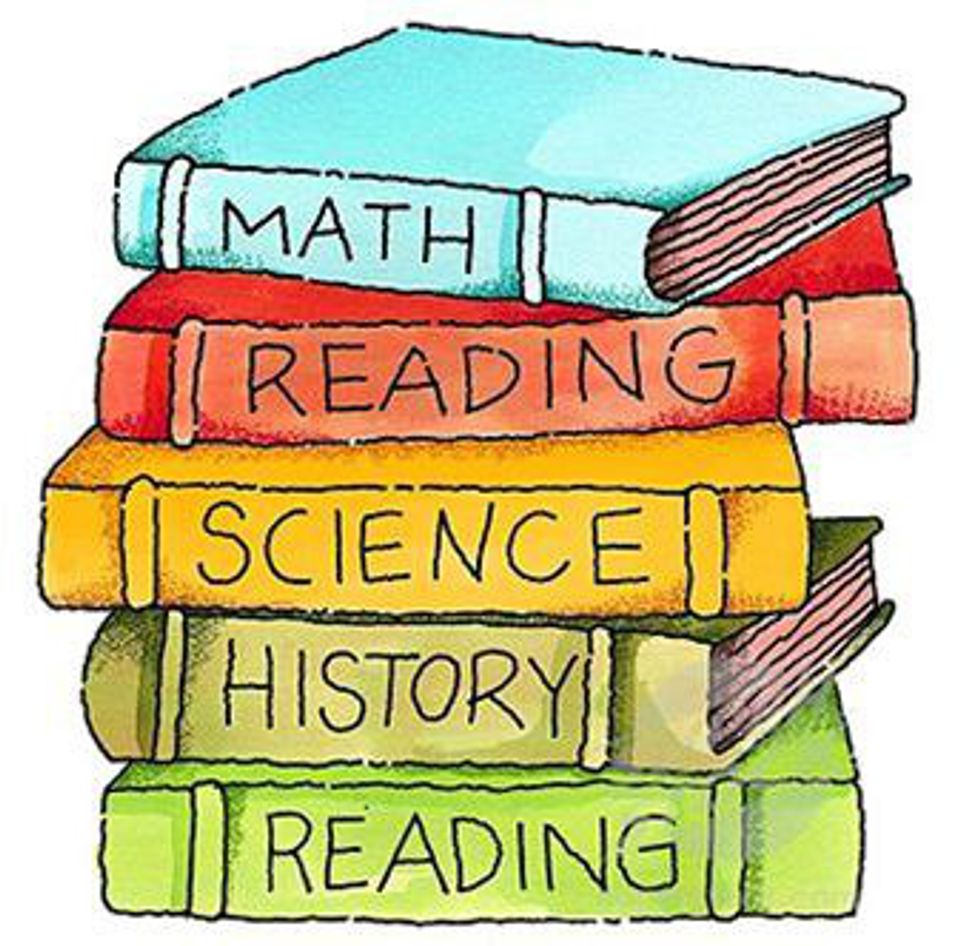
Reading is a key component to learning, after all.
C: Coffee

A cup of joe could be means of survival in any school.
D: Duties
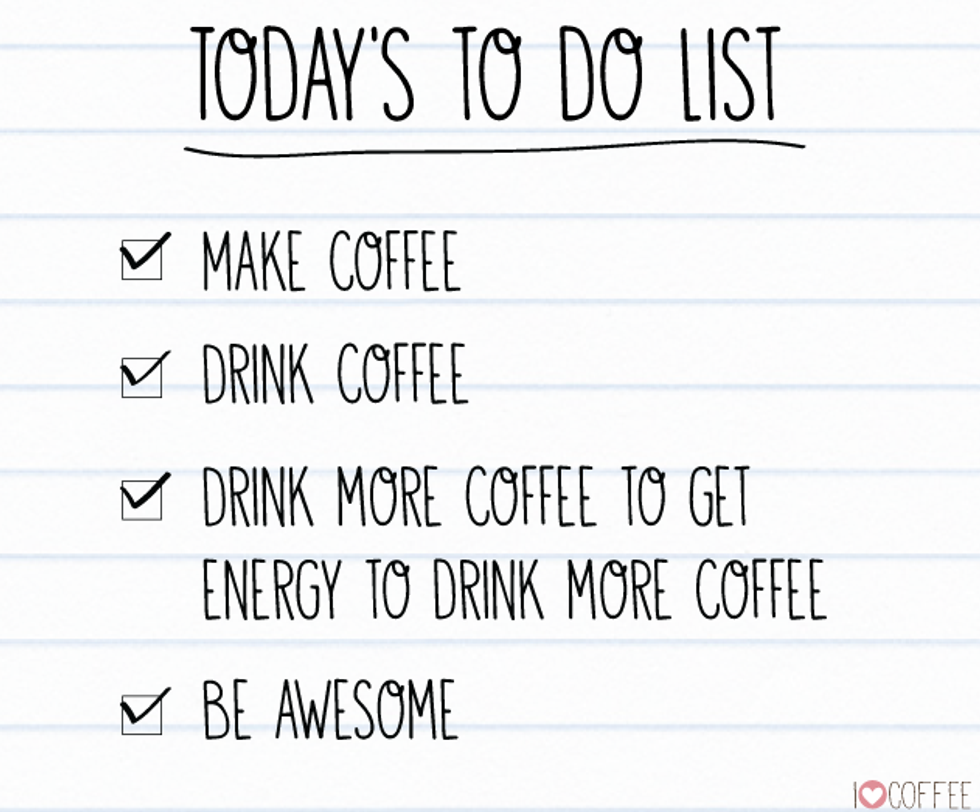
Car. Bus. Breakfast. Lunch. In-School Suspension. Tutoring. There are lots of duties to be fulfilled.
E: Expectations
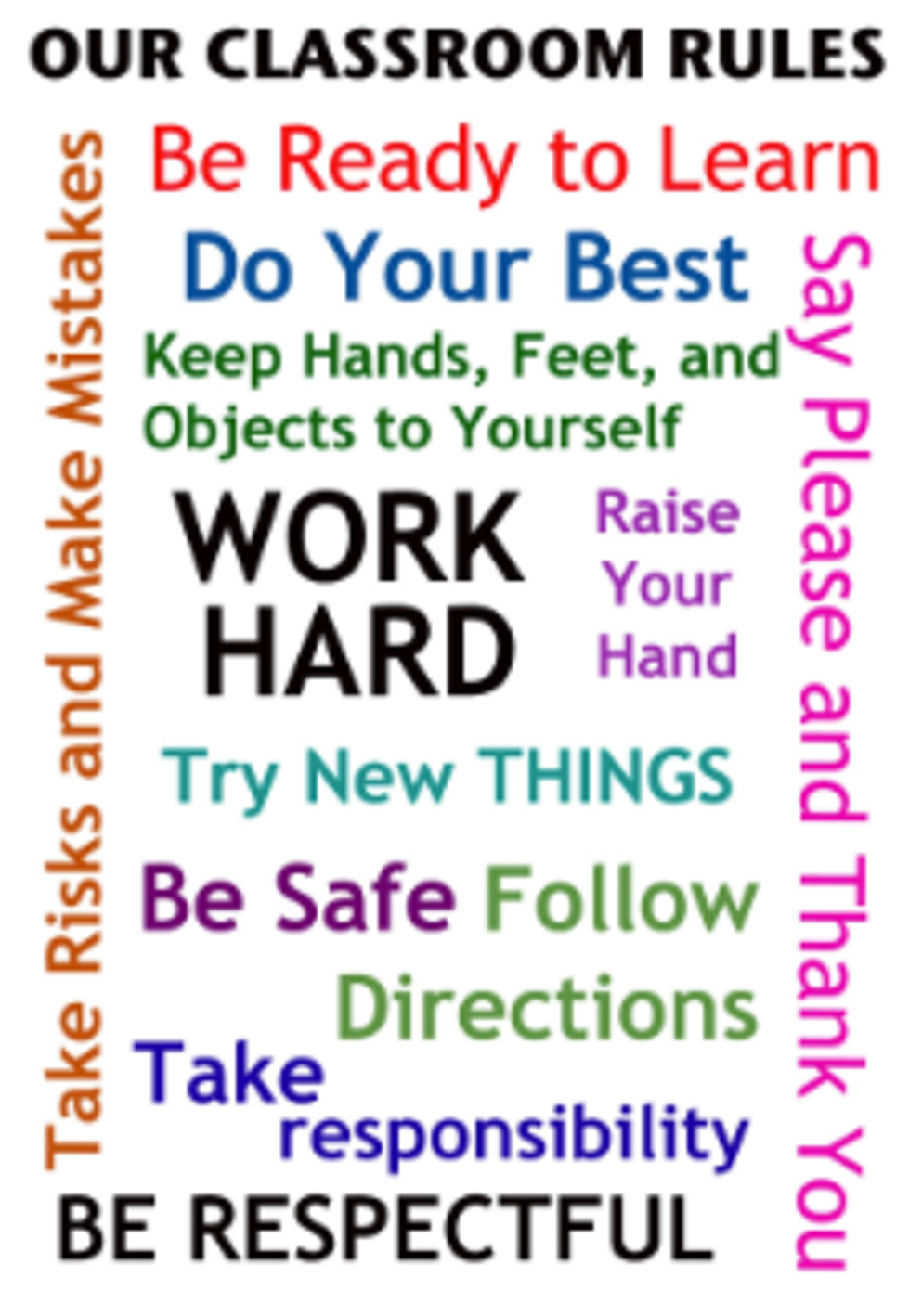
The school has expectations for the teachers. The teachers have expectations for the students. The students have expectations for their teachers. It's a never-ending cycle of expectations.
F: Fire Drills
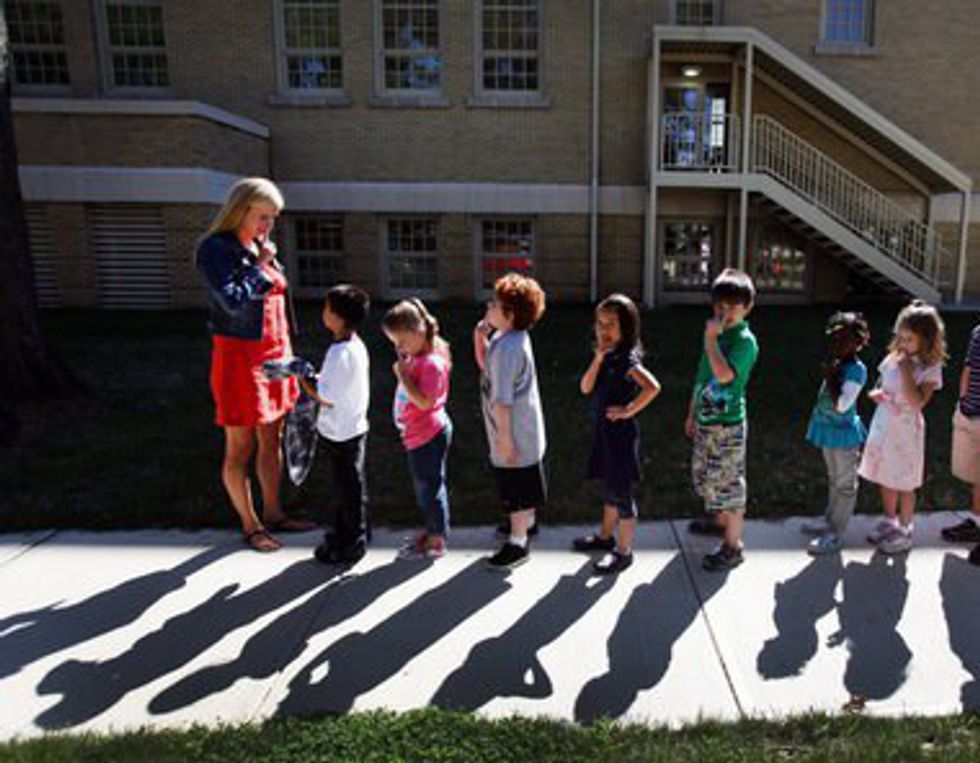
Planned? Sure thing. Unplanned? There may be a few tears shed by some frightened children.
G: Grades
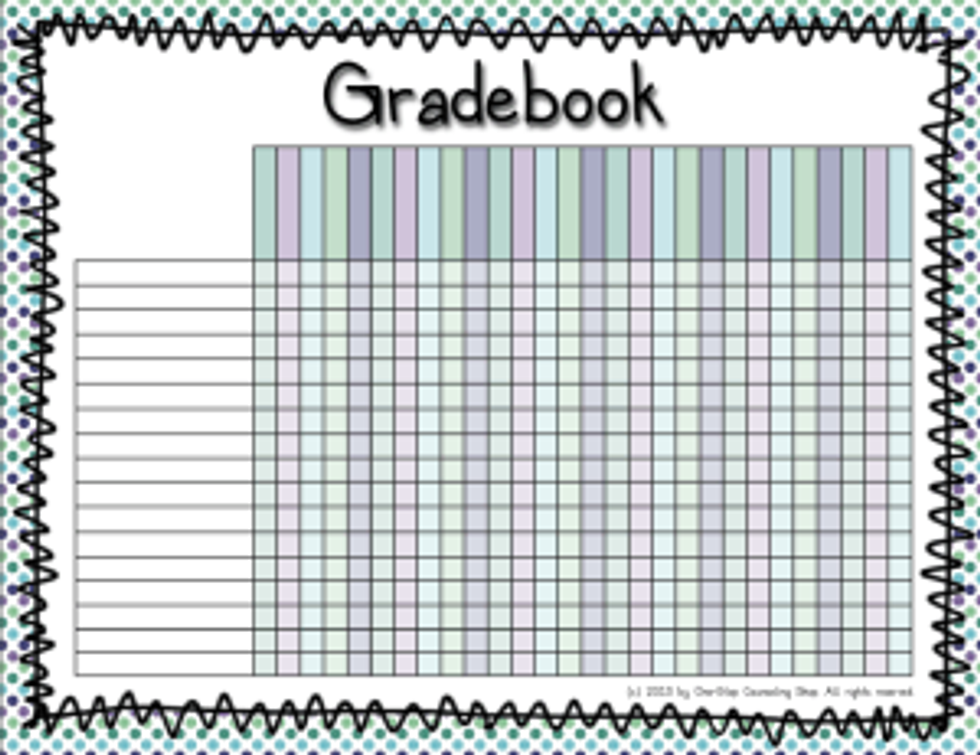
Grading papers is not always the fun aspect of teaching, but seeing your students learn the material you taught is always rewarding.
H: Homework

Students may not be a fan of homework but it is a necessary evil. If the students can do it on their own alone at home then you have done your job and taught them the material they needed to know to be successful.
I: Instructions
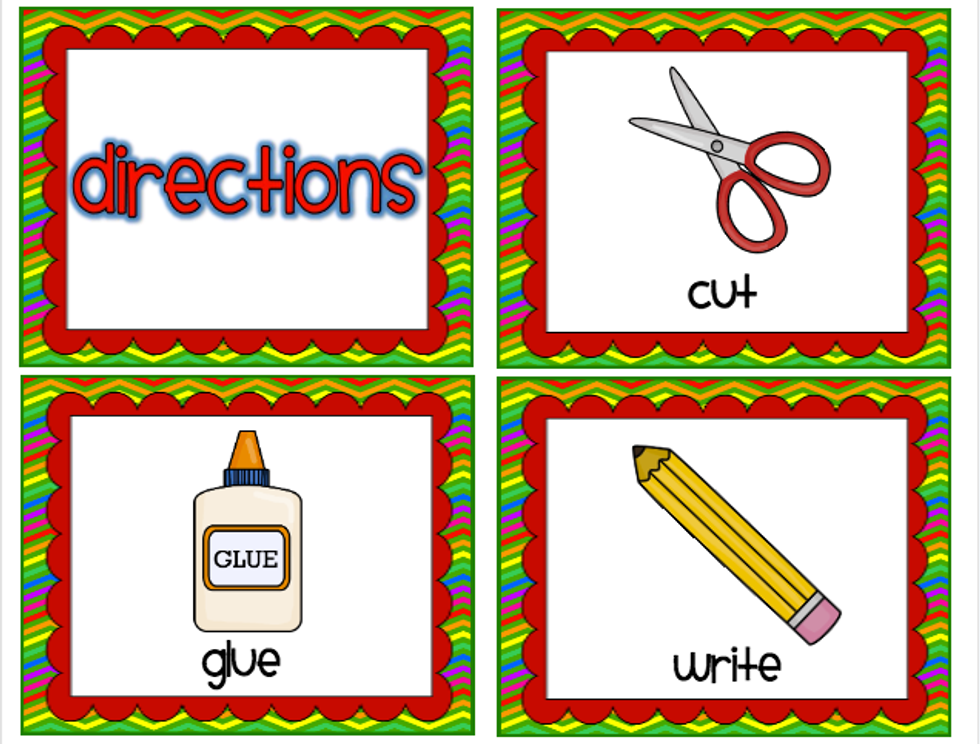
Repeat. Repeat. Repeat.
J: Job

If you love what you do, you never have to work a day of your life. You have to love teaching to want to teach, so while it may be your job, you've got to love what you do every single day.
K: Knowledge
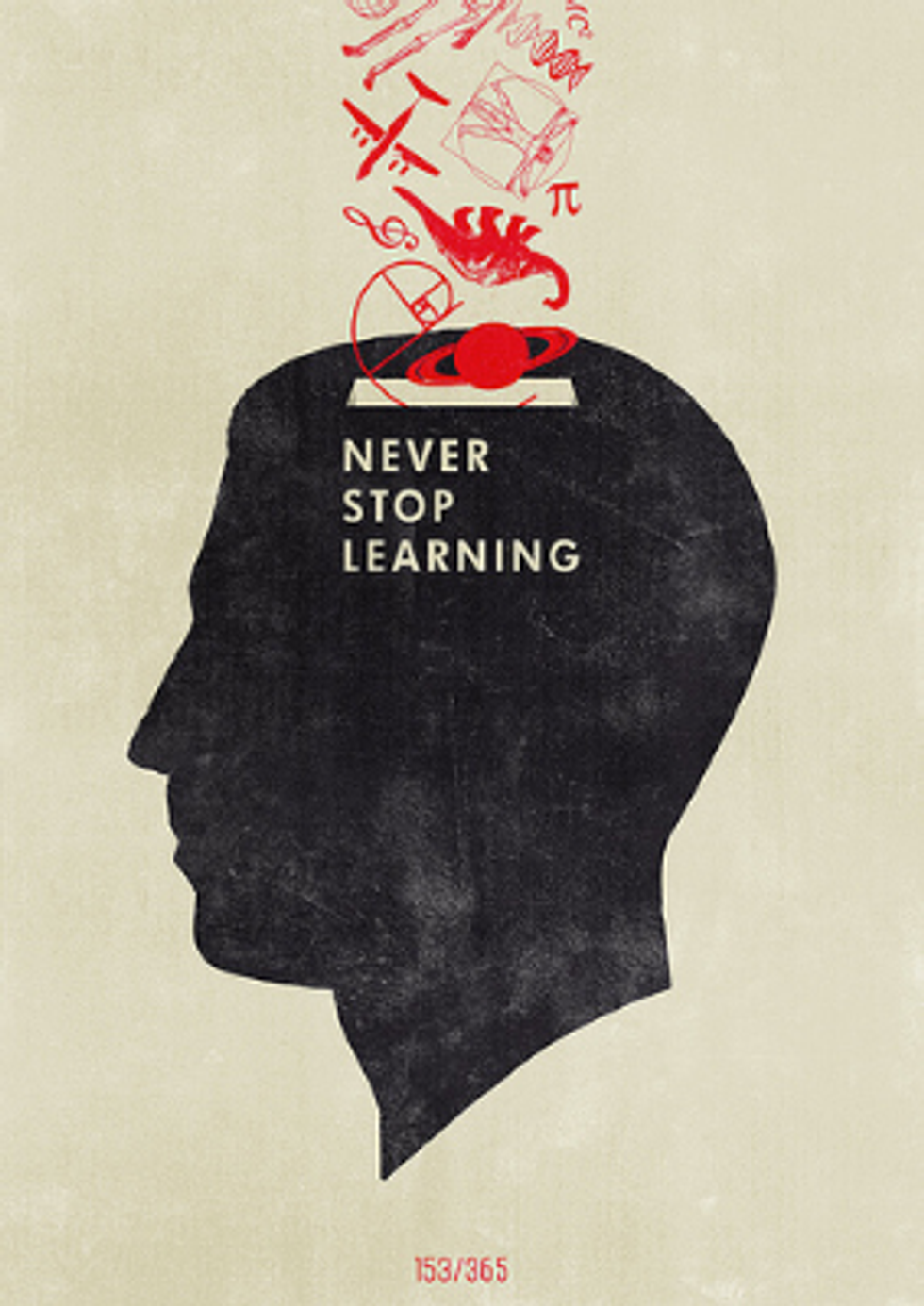
You've got it. Go teach it!
L: Laminating

Who wants to make the same materials again and again when you could just laminate them the first time?
M: Meetings
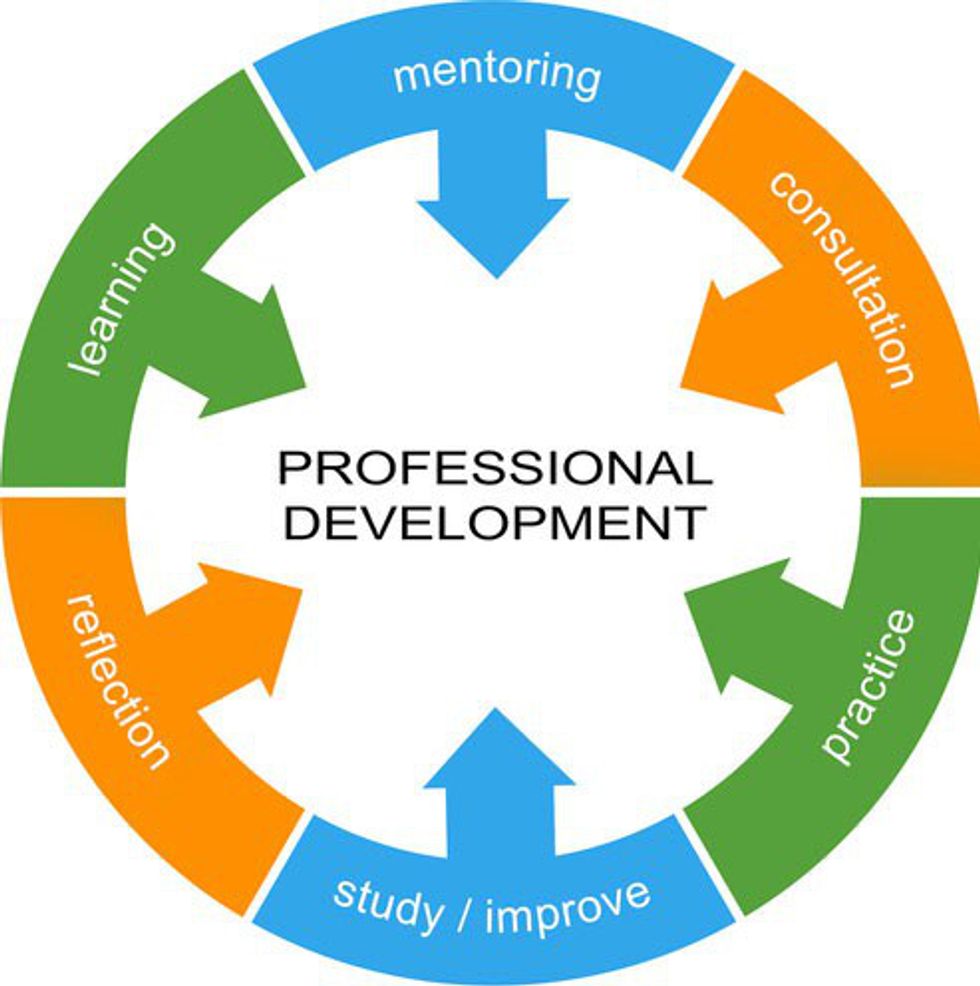
Find a week that doesn't have a meeting planned, and then we'll talk. IEP meetings, planning meetings, professional development, principal meetings, they're everywhere.
N: No Name
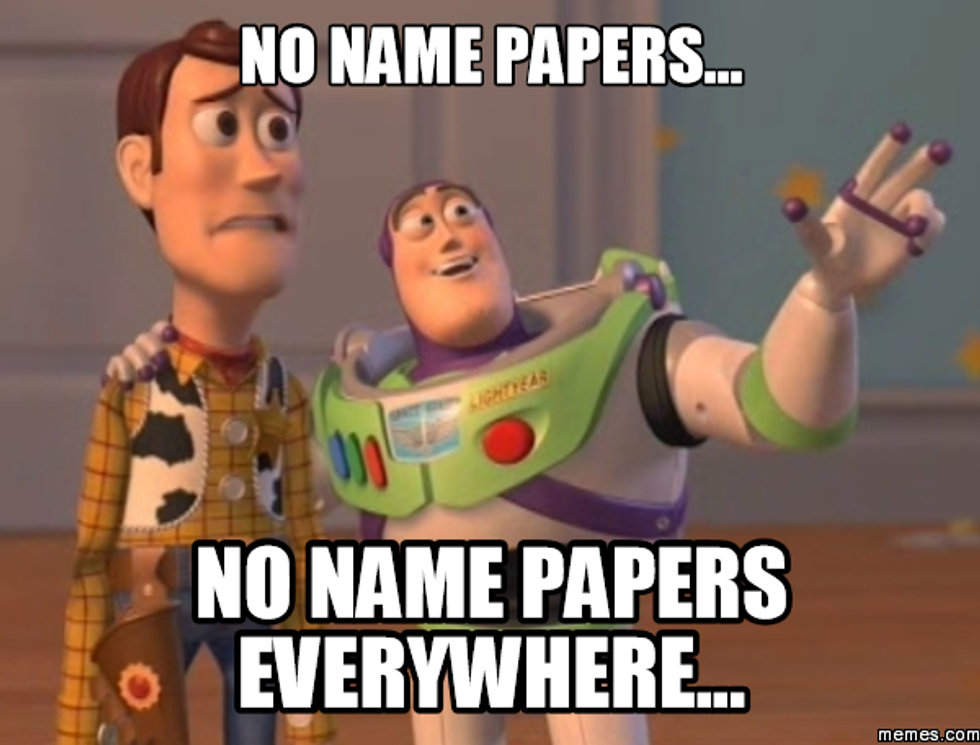
"How hard is it to remember to write your name on your paper?" - said every teacher
O: Optimism
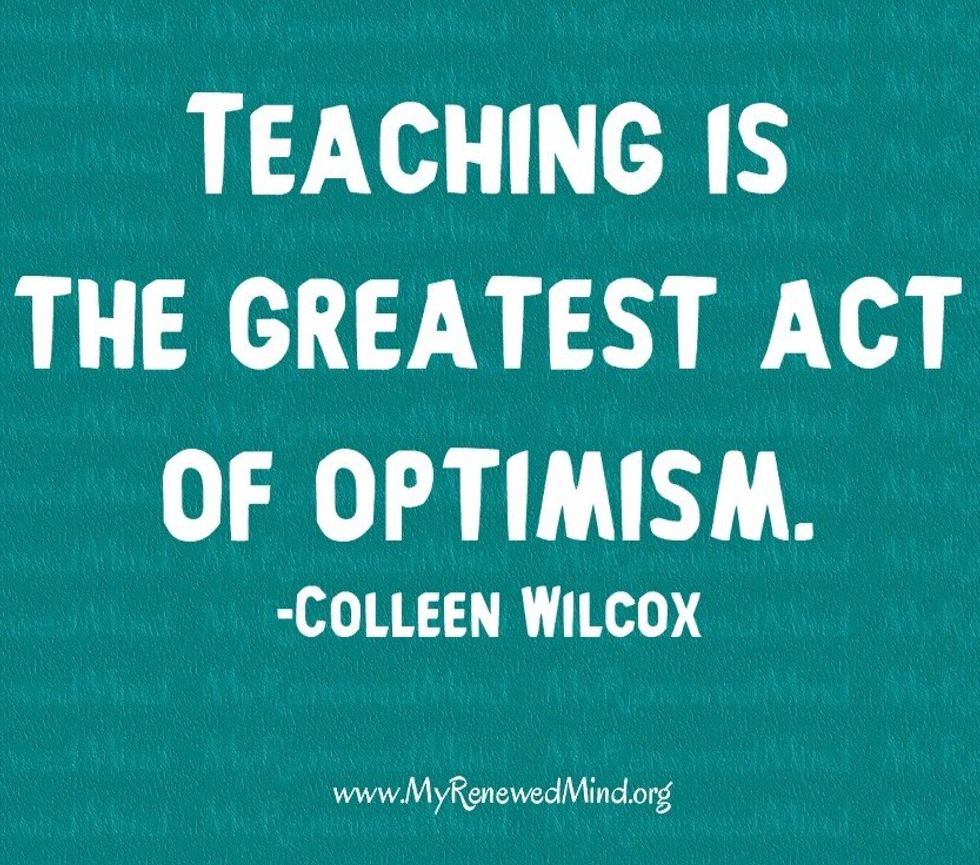
Be optimistic and it will illuminate throughout your classroom.
P: Planning Period
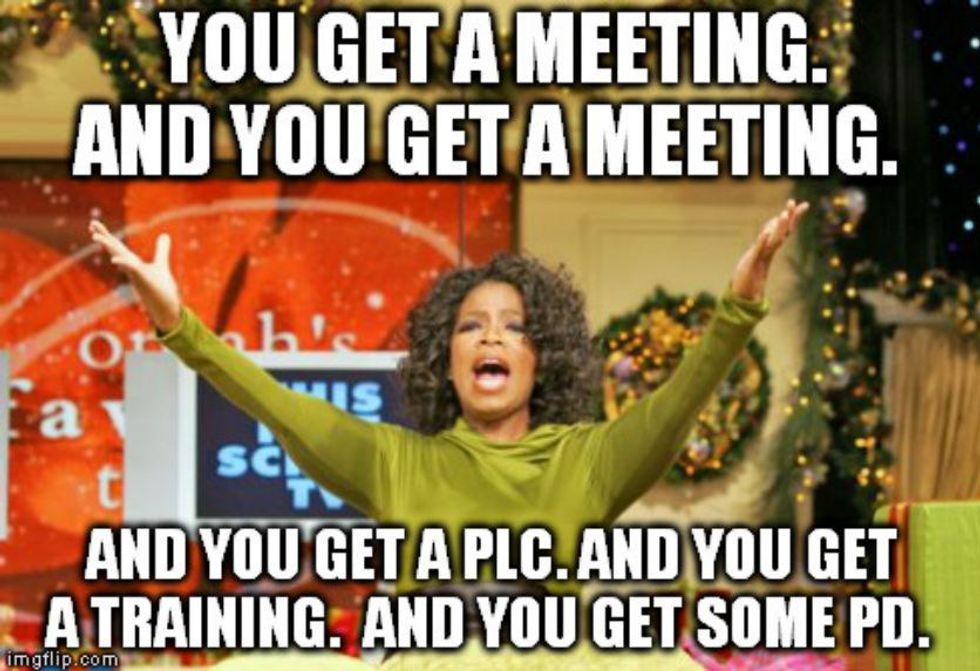
The period of meetings, helping a student, making coffee, talking to other faculty. Accomplishing many tasks but planning lessons.
Q: Quiet
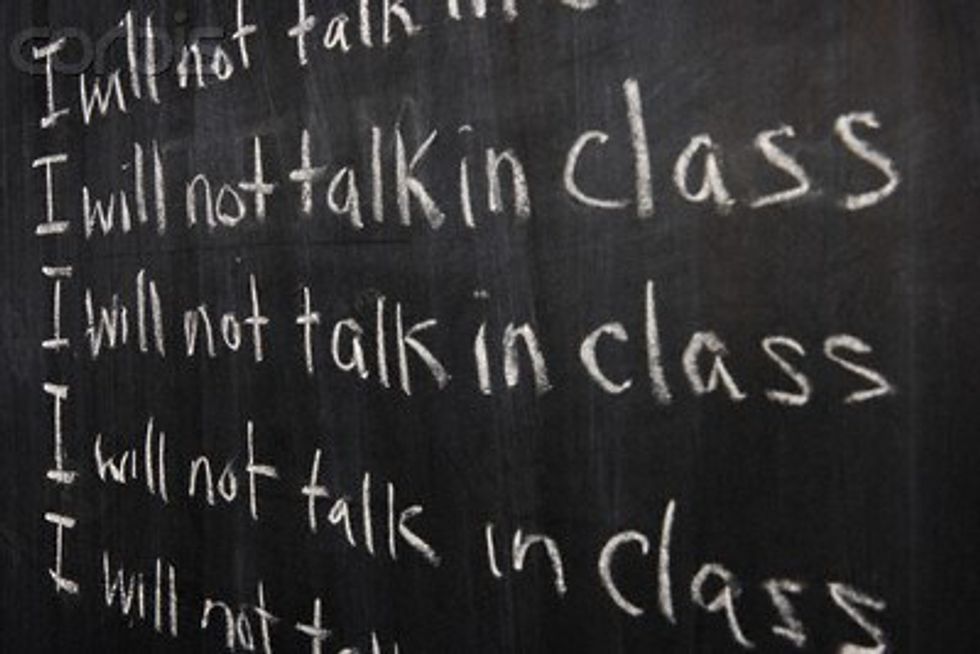
Getting your students to quiet down can sometimes be a task, but watching them quietly, happily, diligently work on the assignment at hand makes that completely worth it.
R: Recess
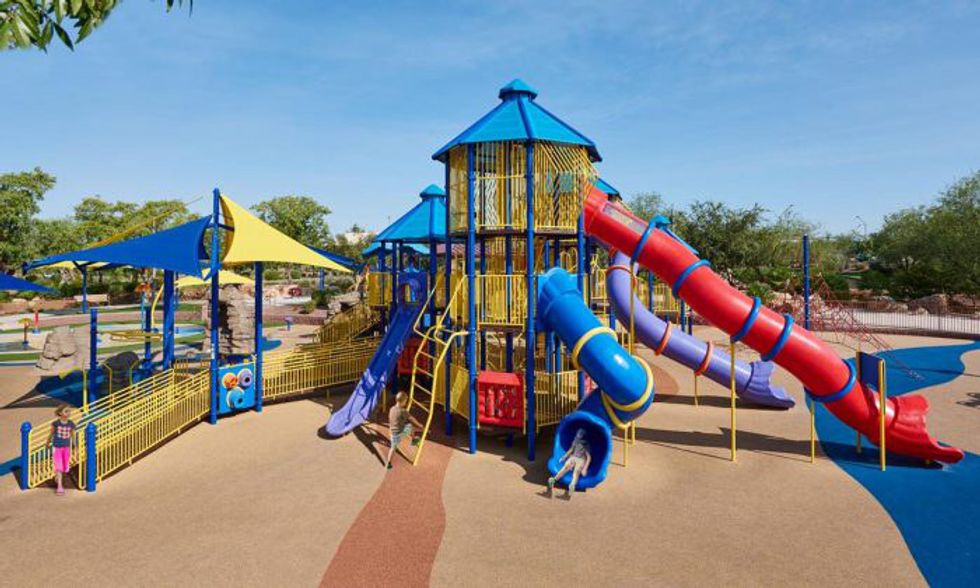
Except recess isn't recess for teachers at all. We're always on the lookout for someone who might have fallen down, or someone who is pushing and shoving instead of taking turns.
S: Schedules
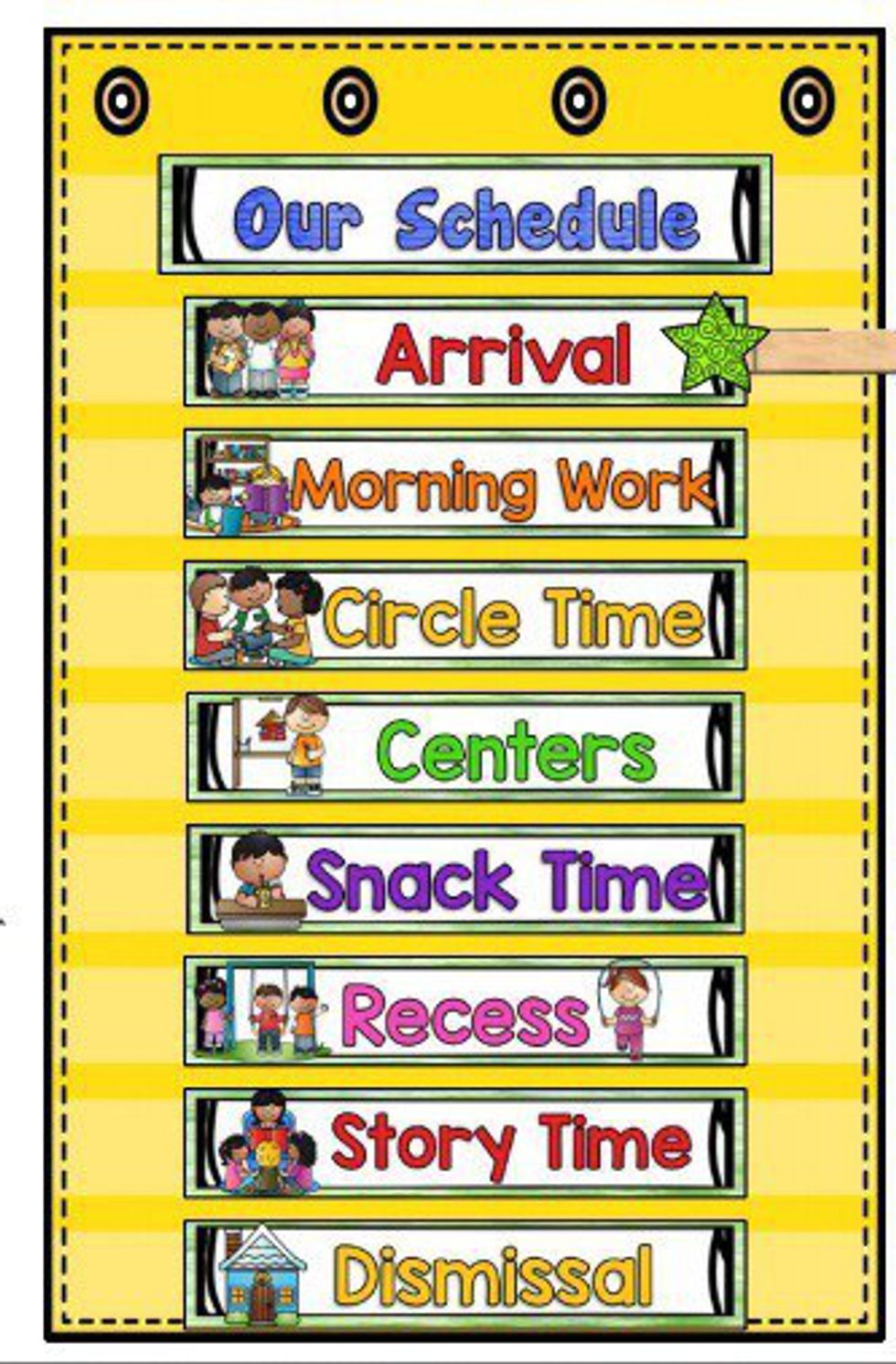
Scheduling can be an issue when you have to plan around other classroom teacher schedules, the special education schedule, special classes, an RTI schedule, and a cafeteria schedule.
T: Testing
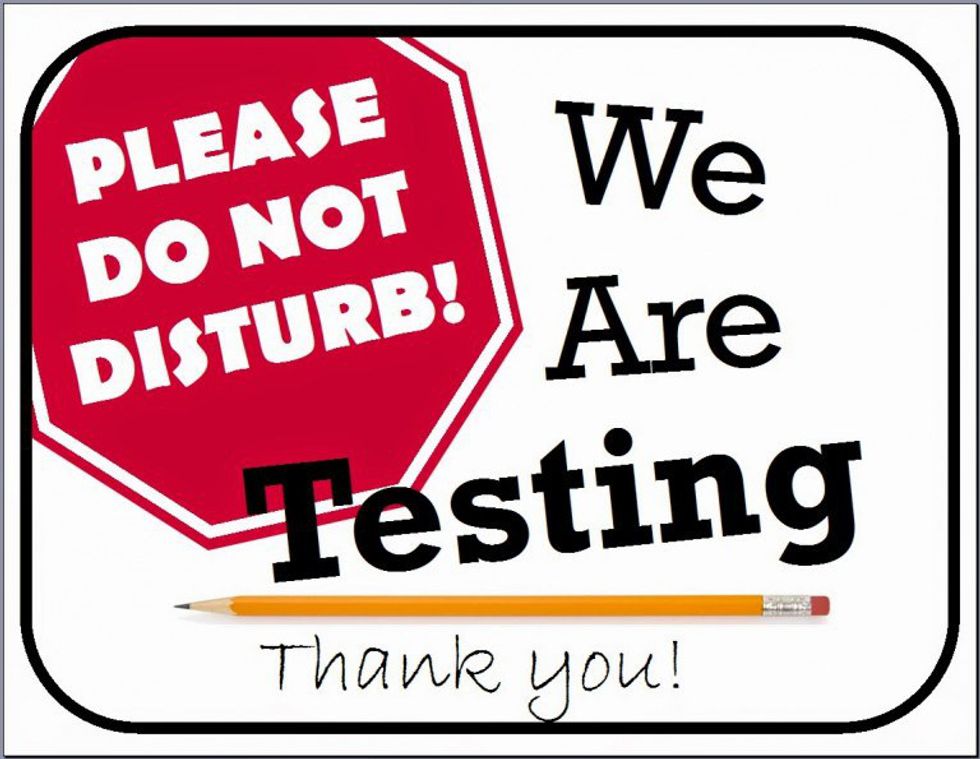
Even though this is not the most ideal way to monitor student progress, it is part of the process.
U: Universal Design for Learning
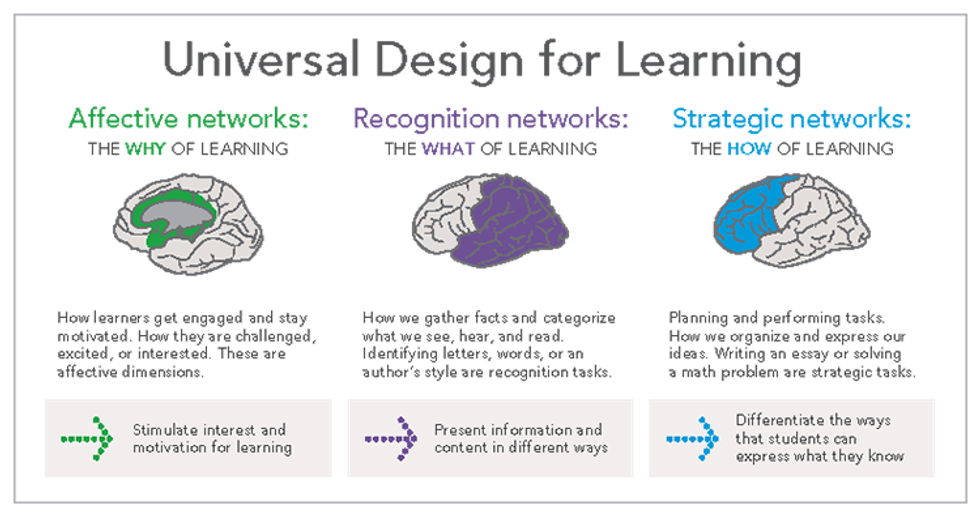
Every teacher should have UDL in their classroom to help develop flexible learning environments and lessons that can be accommodating to each student's individual learning differences and preferences.
V: Vocabulary
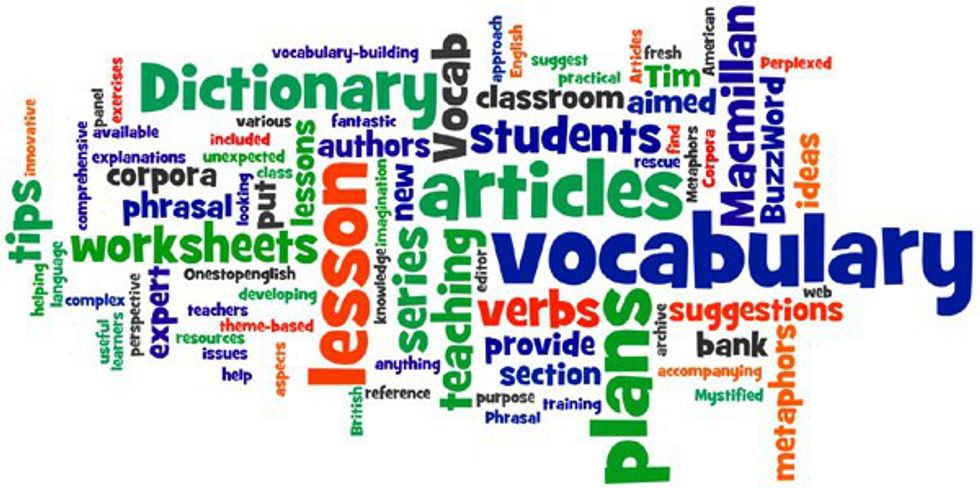
No matter what age or grade you teach there will always be new vocabulary to teach your students. Help them to grow their own vocabularies one word at a time!
W: Walls

Word walls. Bulletin boards. Informational Walls. Decorations galore.
X: X's on missed questions

We have to mark answers wrong sometimes, but sometimes it's not about the answer being wrong but being able to teach the students to learn from their mistakes. You would never learn if there weren't a few mistakes along the way.
Y: Yawn

Stand up, stretch, and fix a cup of coffee to get through the last period.
Z: Zzzz
It's time to snooze after a long day in the classroom.
Now I know my teacher ABC's next time won't you teach with me?




















